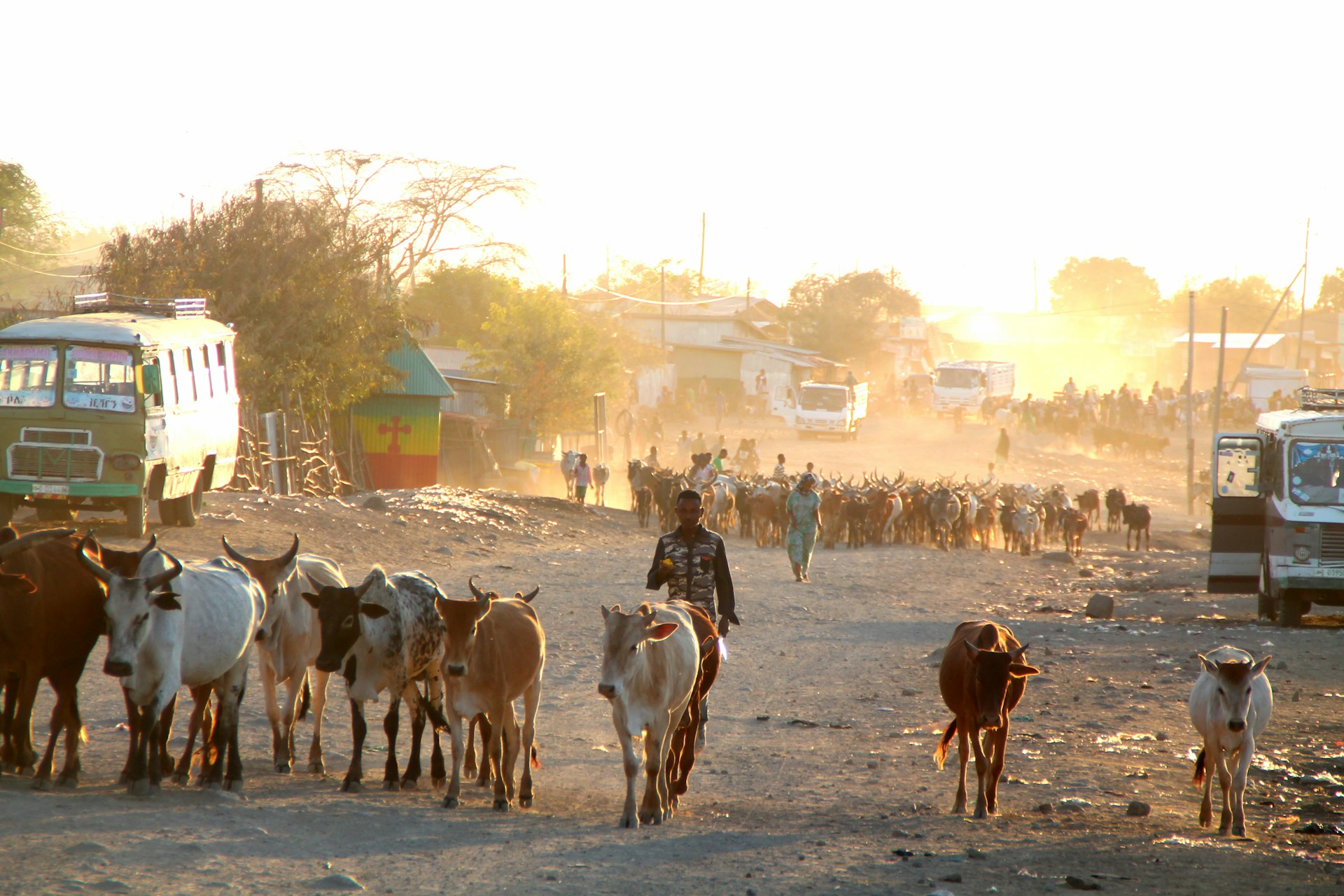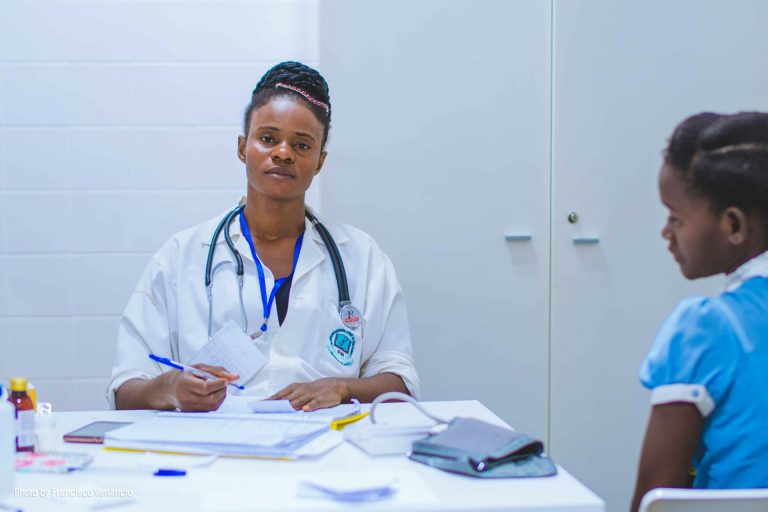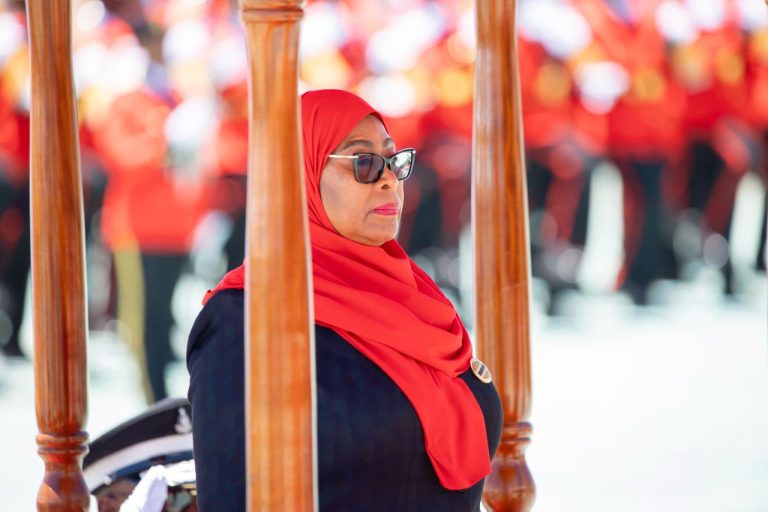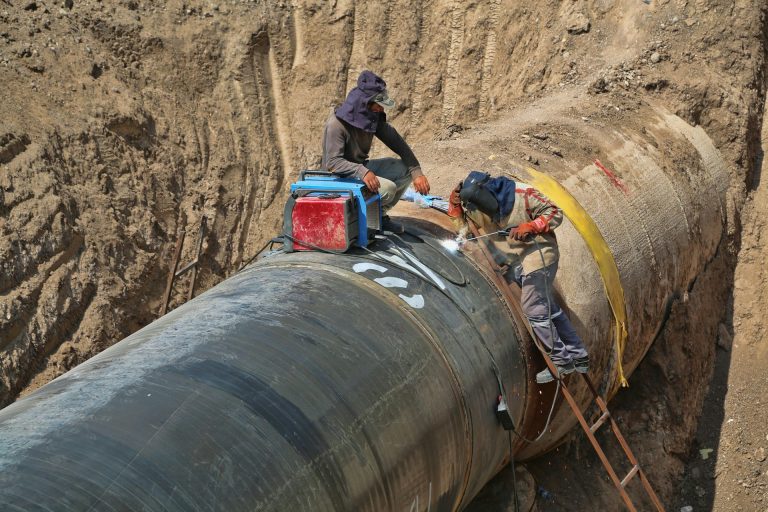- Ethiopia disputes World Bank’s rising poverty forecast
- Government says Bank’s report overlooks social welfare progress
ADDIS ABABA, ETHIOPIA – Ethiopia has dismissed a World Bank report projecting that its poverty rate could reach 43% by 2025, saying the findings “do not reflect the country’s reality.”
The rebuttal followed a Cabinet meeting chaired by Prime Minister Abiy Ahmed, during which Planning and Development Minister Fitsum Assefa presented the government’s 100-day macroeconomic performance report for the first quarter of the 2025/26 fiscal year.
Fitsum said the World Bank’s Poverty and Wealth Equity report, released in early October, overlooked Ethiopia’s social welfare and poverty reduction efforts and relied on “inaccurate metrics.”
She pointed to initiatives such as the national school feeding programme and other safety-net projects, which she said had improved the lives of millions but were not captured in the Bank’s data.
Government touts strong exports
The minister highlighted that export earnings surpassed $2.5 billion in the first quarter of FY2025/26, a 65% jump from the same period last year. Exports of gold, coffee, electricity and livestock all exceeded government targets.
“This shows that our plan to become a symbol of Africa’s prosperity in the next 10 years is on track,” Fitsum said.
However, the World Bank’s findings paint a bleaker picture. The Bank estimates that Ethiopia’s poverty rate increased from 33% in 2016 to 39% in 2019, and could rise to 43% by 2025. It attributes this to the combined effects of the Covid-19 pandemic, prolonged conflicts, drought, high inflation and slow GDP growth.
“Poverty is rampant. Businesses have collapsed. Citizens have become incomeless,” said Sisay Worku, Emergency Programme Specialist at ChildFund International Ethiopia. “The farmer has not produced or sold as desired, and inflation has eaten up wages. This does not mean that good work is not being done, but many signs of poverty are evident.”
Dispute over data and definitions
The Ethiopian government has rejected the World Bank’s poverty measurement methodology, which defines poverty as living on less than $3 a day – about 450 birr. Fitsum argued that this benchmark fails to include the value of free or subsidised services such as school meals and healthcare that improve welfare outcomes.
“The only acceptable poverty data is that released by the Ethiopian government,” she said.
The disagreement underscores the gap between Ethiopia’s macroeconomic gains and household-level realities. While the government celebrates export-led growth and fiscal recovery, the World Bank cautions that conflict, inflation and market disruptions continue to erode living standards.
“The contrast highlights the complexity of the country’s economic landscape,” Worku added.











